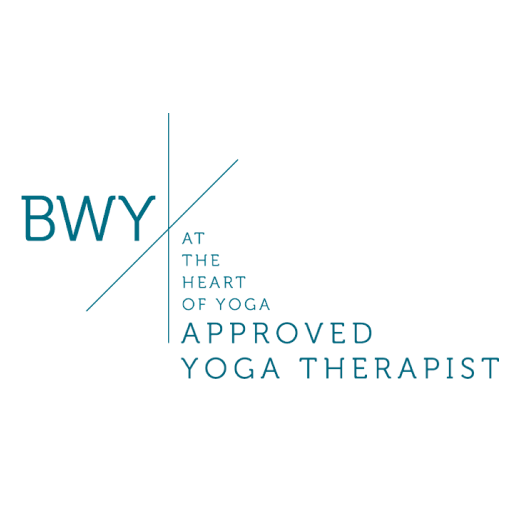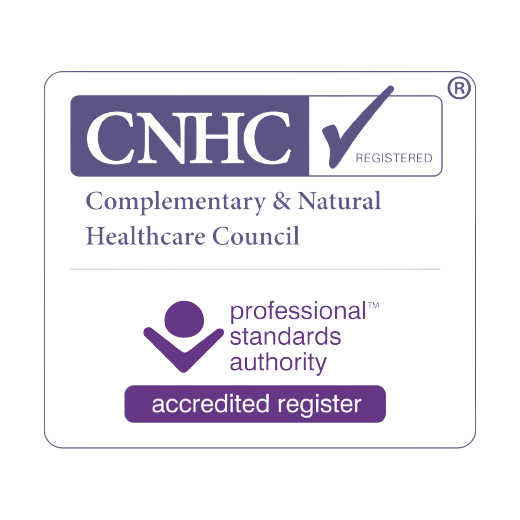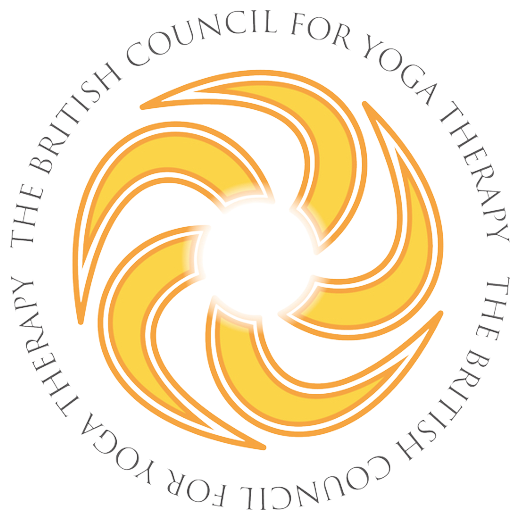HEALTH AND SAFETY POLICY AND PROCEDURES
General Principles
Yoga Focus believes in taking all reasonable steps to ensure a safe practice environment for its students, teachers and volunteers alike
• The policy aims to set out the duty of care expected of teachers, the governance requirements with which teachers should comply and risk assessments that should be undertaken
• All aspects of health and safety are a teacher’s on-going responsibility. Awareness of any changes in student’s persona, circumstances or environmental factors are an important aspect of health and safety.
• This policy should also be read in conjunction with the Code of Ethical Behaviour policy (see: www.yogafocus.co.uk/policies)
Duty of Care
• Every teacher has a duty of care both towards their students and any teachers assisting them. This includes both the physical and emotional wellbeing of the individual.
• The duty of care is an ongoing responsibility and is met by ensuring that a teacher has the necessary information to be informed about the student together with observation of those in their care.
• Certain tools are of use both in fact finding and in demonstrating that the duty of care has been fulfilled
Health Questionnaires:
These provide an opportunity for the teacher and student to discuss any medical conditions, injuries or structural problems that may impact on a student’s yoga practice.
Maintaining Records:
It is important to maintain appropriate records. These include but are not limited to:
• Health questionnaires
• Teaching plans showing the practices taught and modifications offered
• Records of accidents/incidents
• Checklist for emergency procedures
• Checklist for risk assessment
Emergency Procedures:
Teachers should know what action to take in an emergency. Where a teacher works for a third party they should ensure that they know the emergency procedures for that location.
Where a teacher works for themselves, they should have carried out a risk assessment and know what action they would take should an emergency arise.
First Aid Certificate:
Every teacher must hold an up to date emergency first aid certificate. These should be renewed every three years if not sooner.
Insurance
It is the personal responsibility of every teacher to ensure that they hold current, adequate and appropriate professional indemnity insurance.
Risk Assessment
• Risk assessment is an ongoing responsibility for all teachers
• A risk assessment should be completed in respect of any emergency procedures and any other risks that present themselves either at the beginning of a course or as the need arises during a course.
• It is the course director’s responsibility to ensure that a Risk Assessment is carried out and kept up to date. This may be delegated but the final responsibility will remain with the course director.
• Where a teacher is responsible for their own business it is their responsibility to conduct a risk assessment and maintain awareness of any risks that might occur. They should be able to demonstrate that they have taken appropriate action to mitigate any presenting risks in accordance with a risk assessment.
• Further advice about how to conduct a risk assessment and how to manage risk can be found at the Health and Safety Executive website: http://www.hse.gov.uk/risk.faq.
Reporting Incidents and Accidents:
• If a student suffers an injury or illness during a yoga class, a written record of the event should be made of it as soon as is reasonably practicable. The information recorded should include the name of the individual, the date and time of the incident, any action taken and by whom, any witnesses and the outcome. The record should be signed and dated (with the time it was recorded) by the individual recording the incident.
• Where a teacher is employed they should follow their employer’s procedures. Where self employed the teacher should always keep a record of incidents. It is also good practice to keep a record of those attending each class.
• RIDDOR
o The Reporting of Injuries, Diseases and Dangerous Occurrences Regulations 1995 (RIDDOR), place legal duty on employers, self-employed people and people in control of premises to report a range of serious injuries, diseases and occurrences.
o Some events will be reportable if suffered by a worker while others will be reportable whosoever experiences them
o Where a teacher is self employed it is the teacher’s responsibility to report a death, major injury or an event which results in a student being taken from the class venue to hospital. Where a teacher is employed, they should follow the procedures set out by their employer
o A written record should be kept in line with procedures for Reporting incidents and accidents
o There is also a duty to report dangerous occurrences that do not result in injury but might have done so. A teacher should familiarise themselves with the nature of these dangerous occurrences by looking on the RIDDOR website:
http://www.hse.gov.uk/riddor/reportable-incidents.htm
o A report should be made by calling the Incident Contact Centre (ICC) on 0845 300 99 23 (local rate). The information recorded will be forwarded to the person reporting the incident with the opportunity to correct any errors or omissions.



